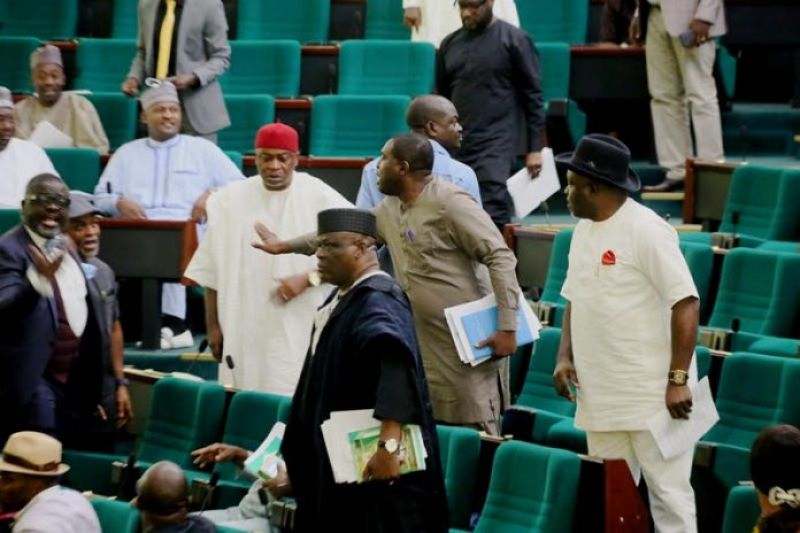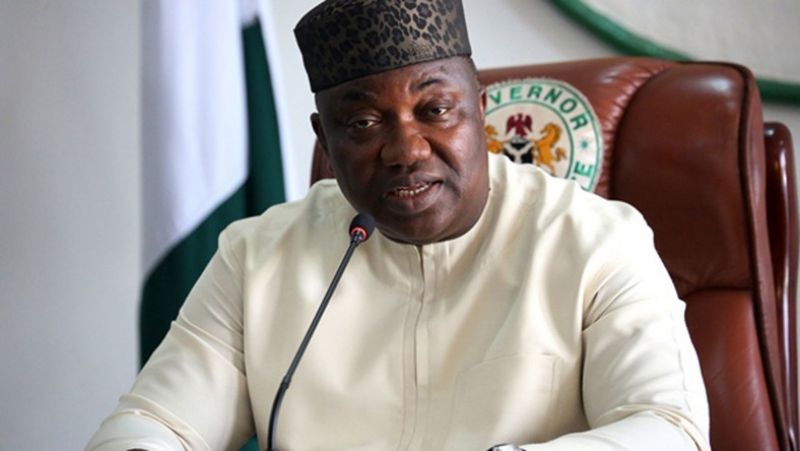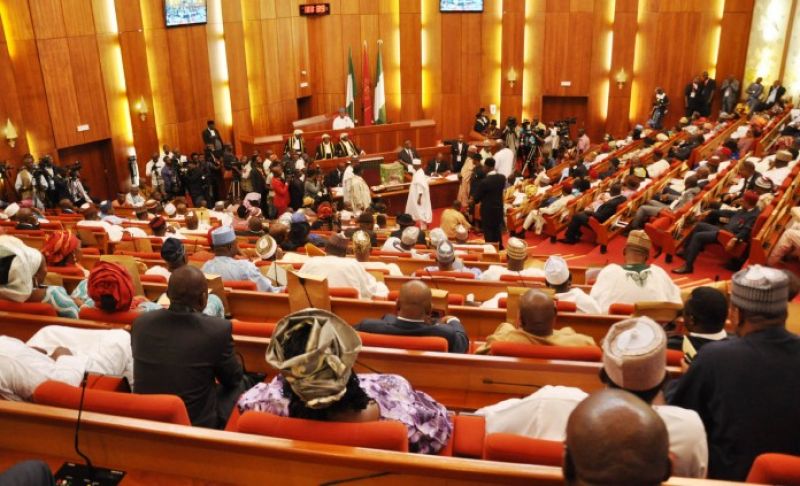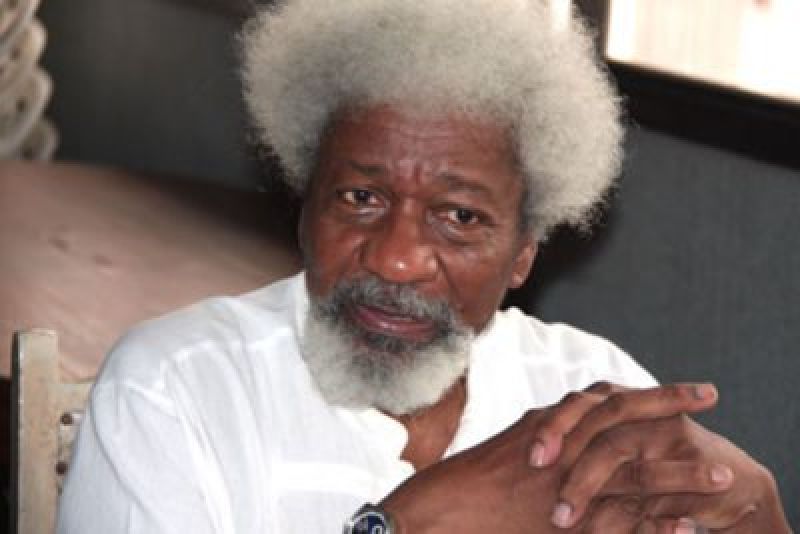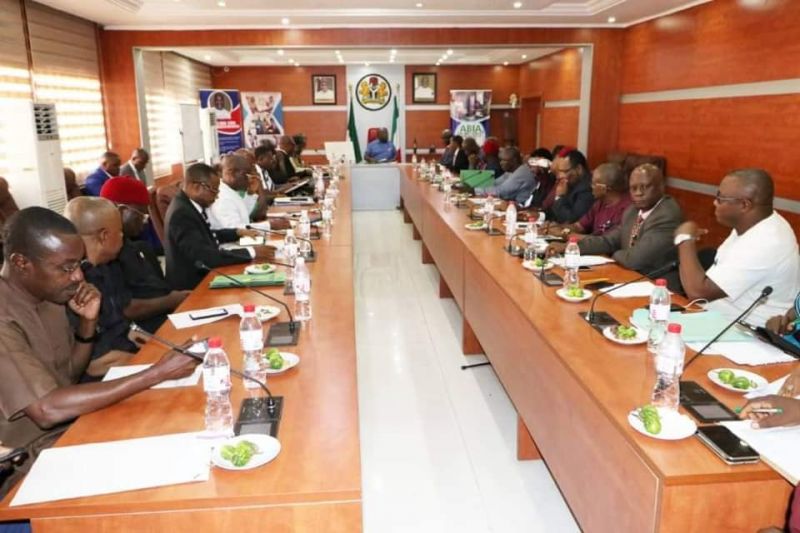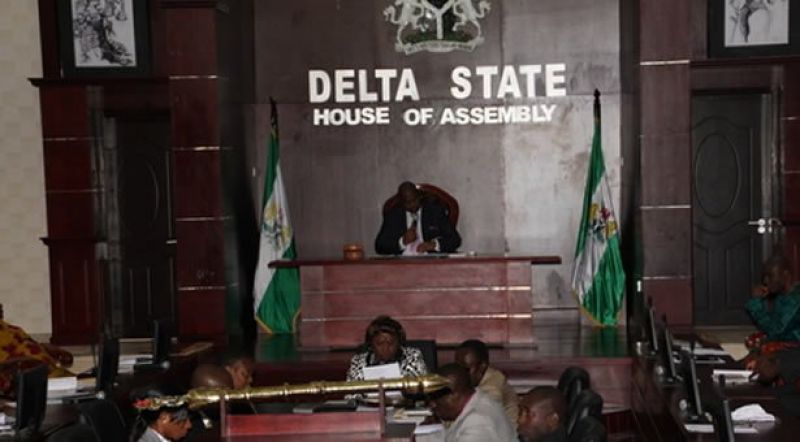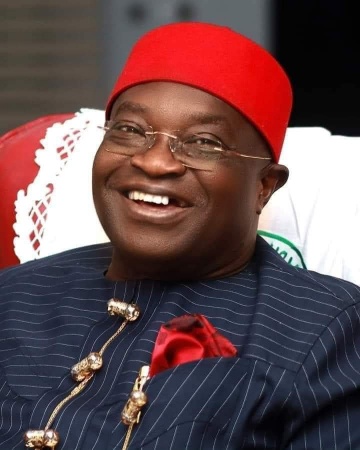Bill to protect presiding officers of National and State Assemblies from prosecution scales 2nd reading
Posted by FN Editor | 4 years ago | 1,124 times
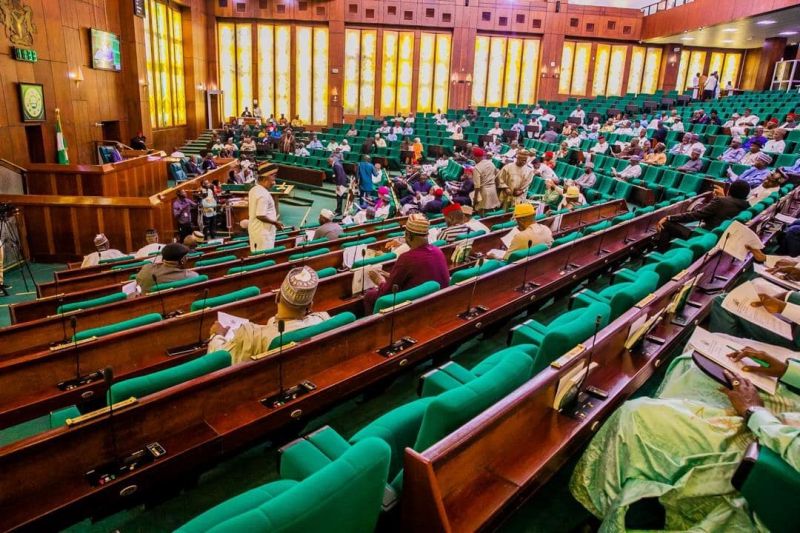
A bill that would grant immunity to the presiding officers of the National and State Assemblies narrowly scaled second reading in the House of Representatives on Tuesday.
The bill seeks to amend Section 308 of the 1999 constitution.
Section 308 of the Constitution shields the quartet of the president, the vice president, state governors and their deputies, for their period in office, from all forms of civil and criminal prosecution.
The sponsor of the bill, Odebunmi Olusegun of Ogo-Oluwa/Surulere federal constituency (APC, Oyo), wants the presiding officers of the federal and state houses to enjoy similar privilege for them to shrug off “frivolous suits while in office.”
Mr Olusegun argued that the bill is targeted at avoiding distraction for the leadership of the legislative arm. He said it is his aim to “protect, stabilize the house” and ensure “our democracy continues to flourish at national and state levels.”
Toby Okechukwu (PDP, Enugu) pitched his tent with the bill’s sponsor. He said, if passed, the bill would shield presiding officers from the prying eyes of witch hunters.
He argued that once the leadership of the legislature is protected from possible blackmail while in office, then they can do their job without fear. He urged his colleagues to give their nod to the bill and allow Nigerians to decide during its public hearing.
Nkem-Abonta Uzoma (PDP, Abia) took off from where Mr Okechukwu stopped. He argued that the bill is not about the sitting speaker but the office itself. He said any criminal blemish ascribed to the office of the Speaker would cast the entire House in a bad light.
If the president, his deputy, state governors and their deputies can enjoy immunity, why can’t the leadership of the National Assembly, he asked.
“Let us protect the (legislative) institution from institutional embarrassment with suits, arraignment from the EFCC, CCB, ICPC,” he said after which the Speaker, Femi Gbajabiamila, cut in.
The Speaker buttressed this by saying potential lawsuits against a presiding officer can come not only from agencies of the executive but also from individuals.
Minority Leader Ndudi Elumelu (PDP, Delta) begged to differ. He said the bill should not be allowed as it is coming at the wrong time because “people should be held accountable for their actions.”
He called for the bill to be jettisoned and that attention should be redirected to tackle insecurity ravaging the country.
Also, Sergius Ogun (PDP, Edo) frowned at the bill. He said if he had his way, he would “remove the immunity the president and the governors enjoy.”
“As parliamentarians, I do not believe this is what we need today. We should lift the immunity that presidents and the governors enjoy. There is no reason why a sitting president or governor should not go to jail,” Mr Ogun noted.
As Mr Ogun rounded off, House Speaker Femi Gbajabiamila asked: “Is the head of the executive covered by immunity? And directly or indirectly, is the head of the judiciary covered by immunity?”
To that, he got a response in the affirmative. He then said he asked to weigh the various angles to the debate at hand. He called for equity in terms of privileges enjoyed by the each arms of government.
While the debate lasted, Mr Gbajabiamila said he was against the bill and was not willing to benefit from the privileges the bill might bring. He, therefore, suggested that the bill, should it be passed and assented to, would not take effect while the current leadership is in office.
In 2016, the same bill was read on the floor of the lower house. It came in the wake of the charges filed against former Senate President Bukola Saraki by the Code of Conduct Bureau during the eighth assembly. It was, however, thrown out, having divided the House over whether or not it should be passed.
Mr Gbajabiamila, then Majority Leader, was one of the fierce opponents of the bill.
The bill, however, still has a long way to go to become law. It will still pass through a public hearing and is expected to be included among the issues to be debated by a National Assembly committee to review the Constitution. The Senate is also yet to debate the bill.
Readers Comments
comment(s)
No comments yet. Be the first to post comment.
